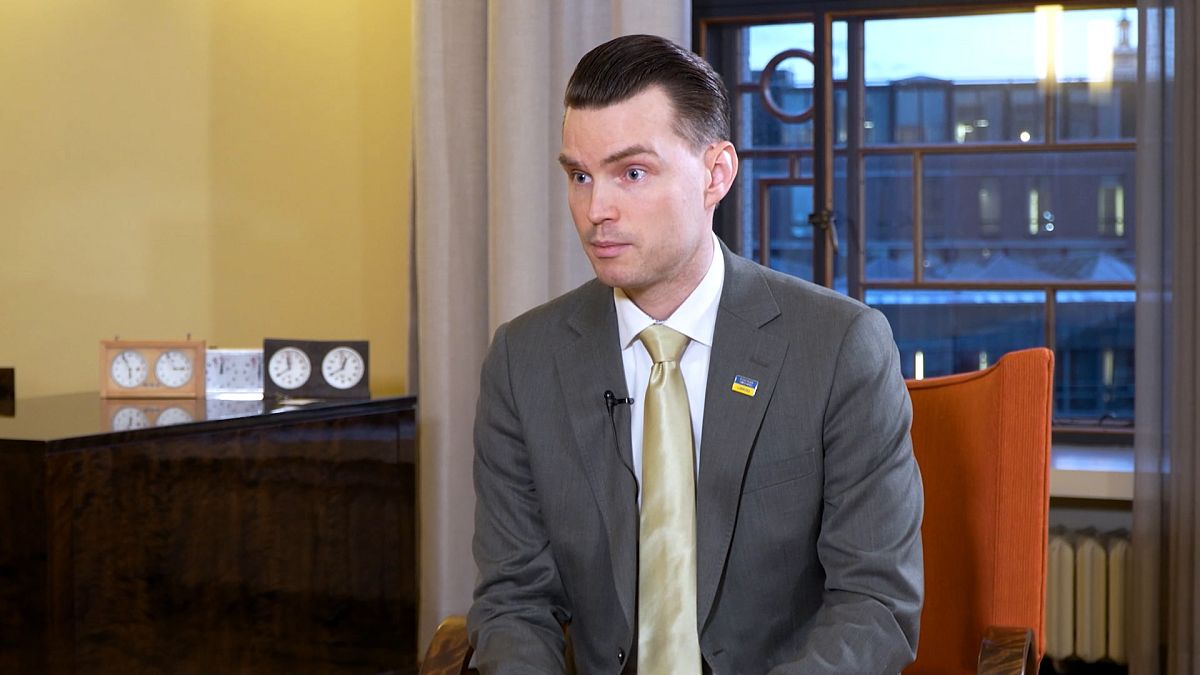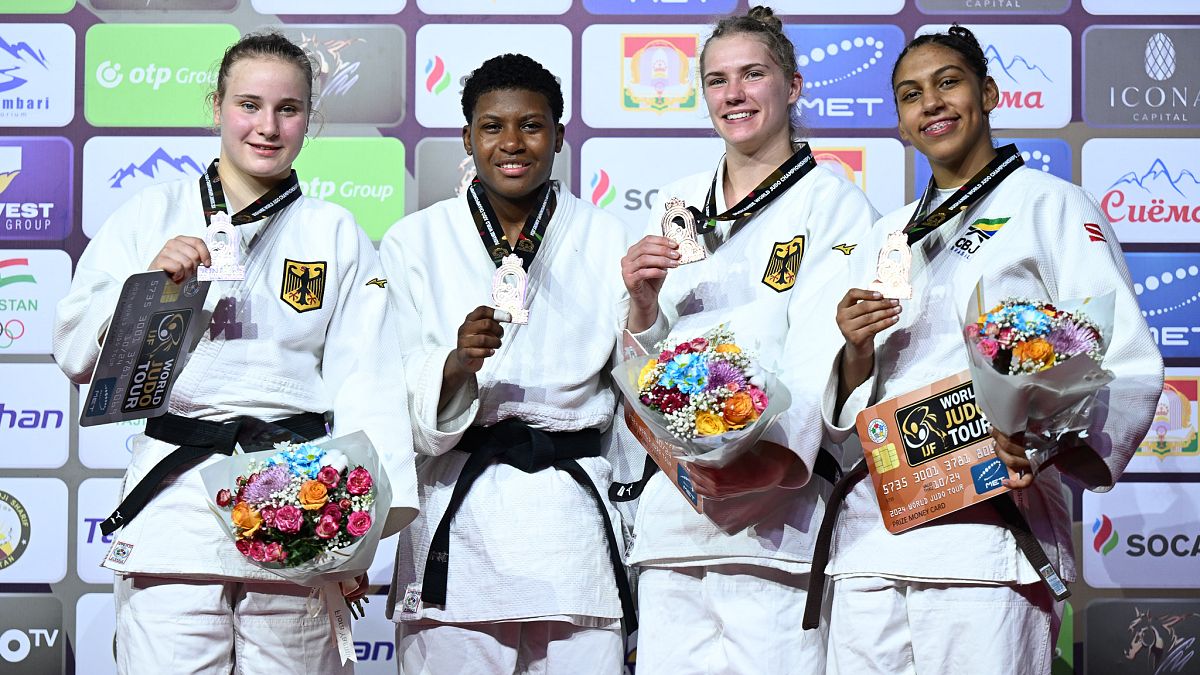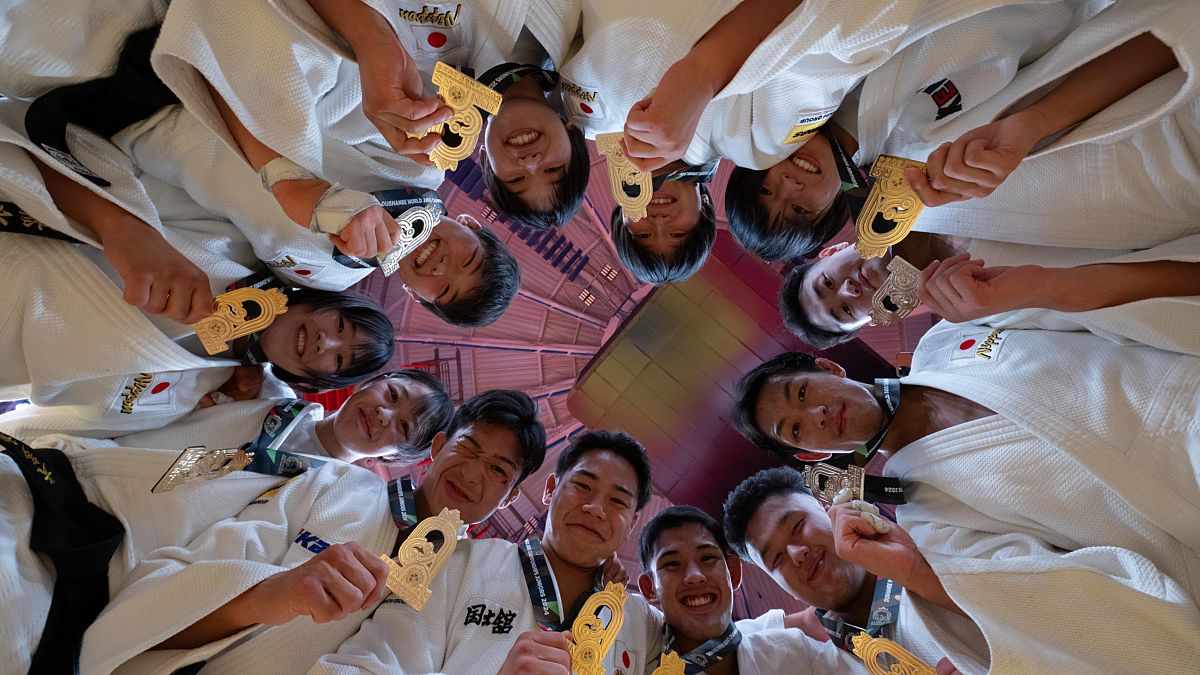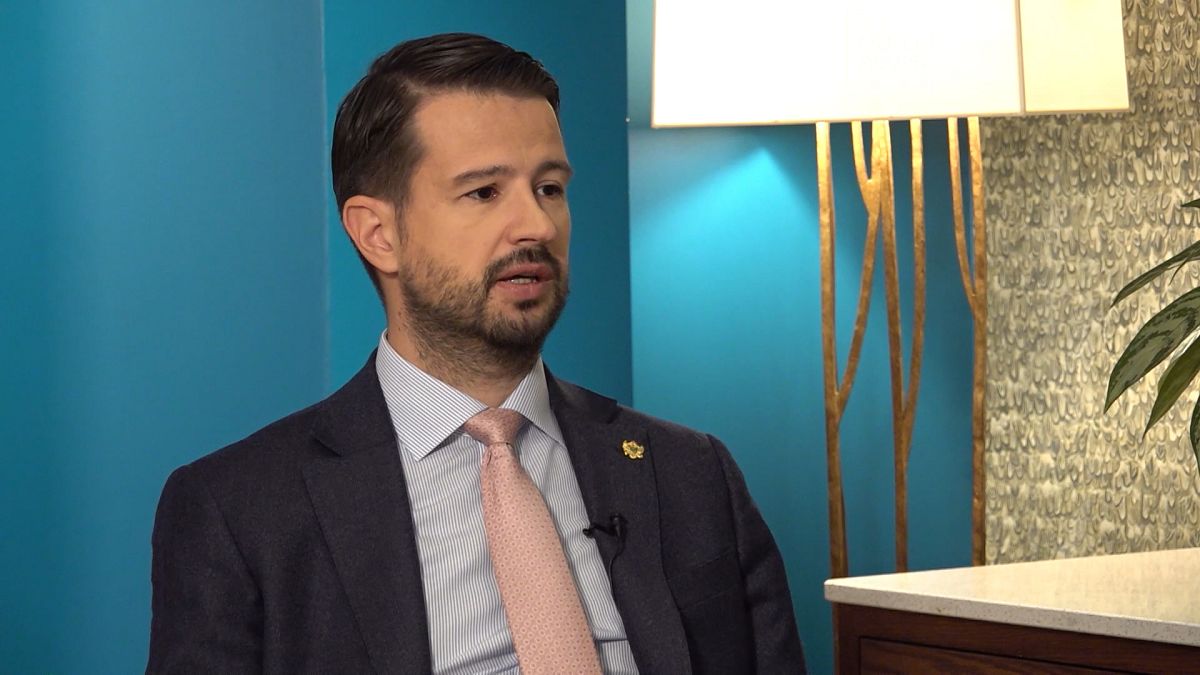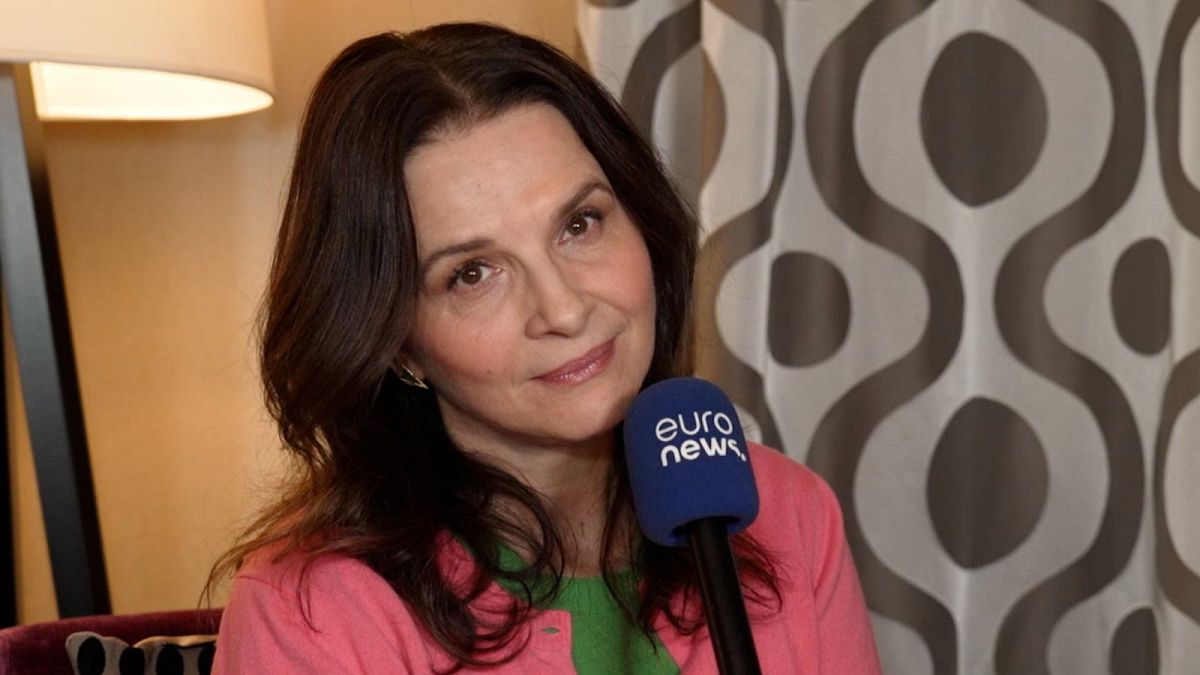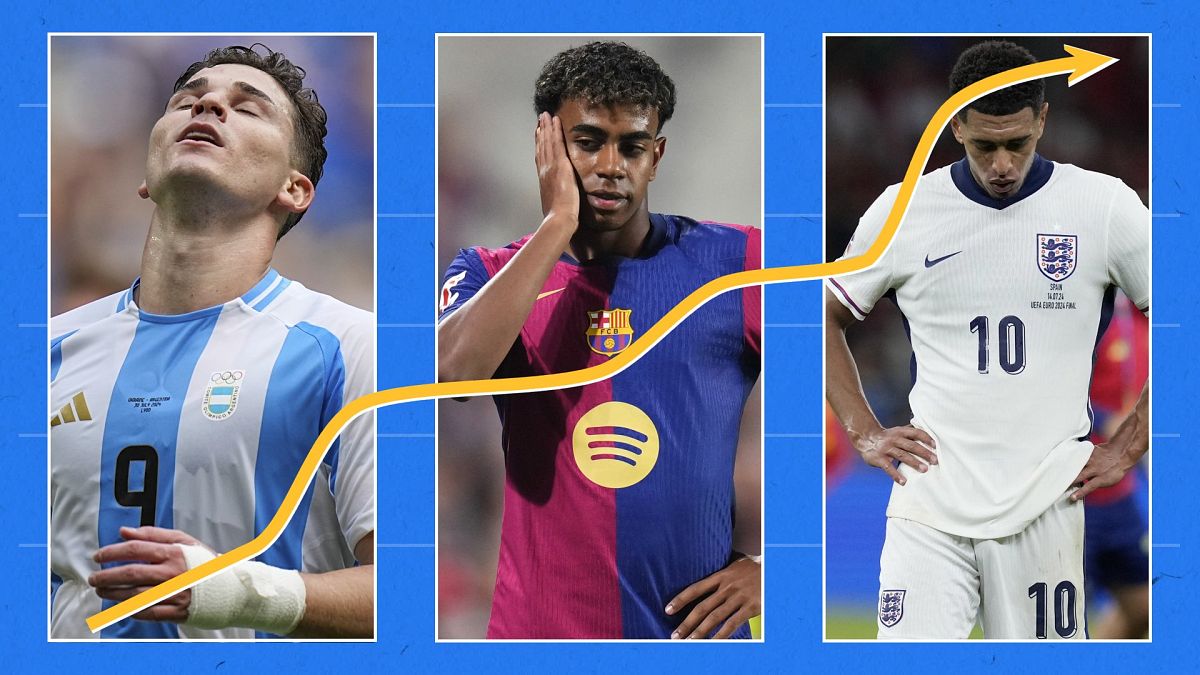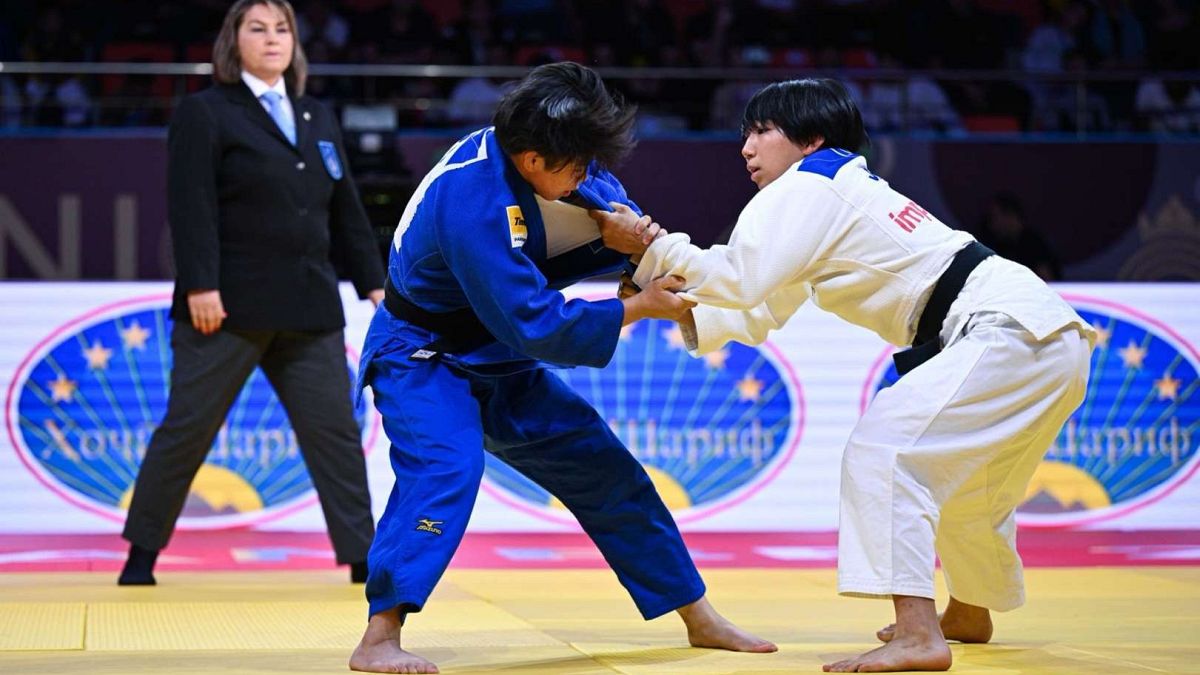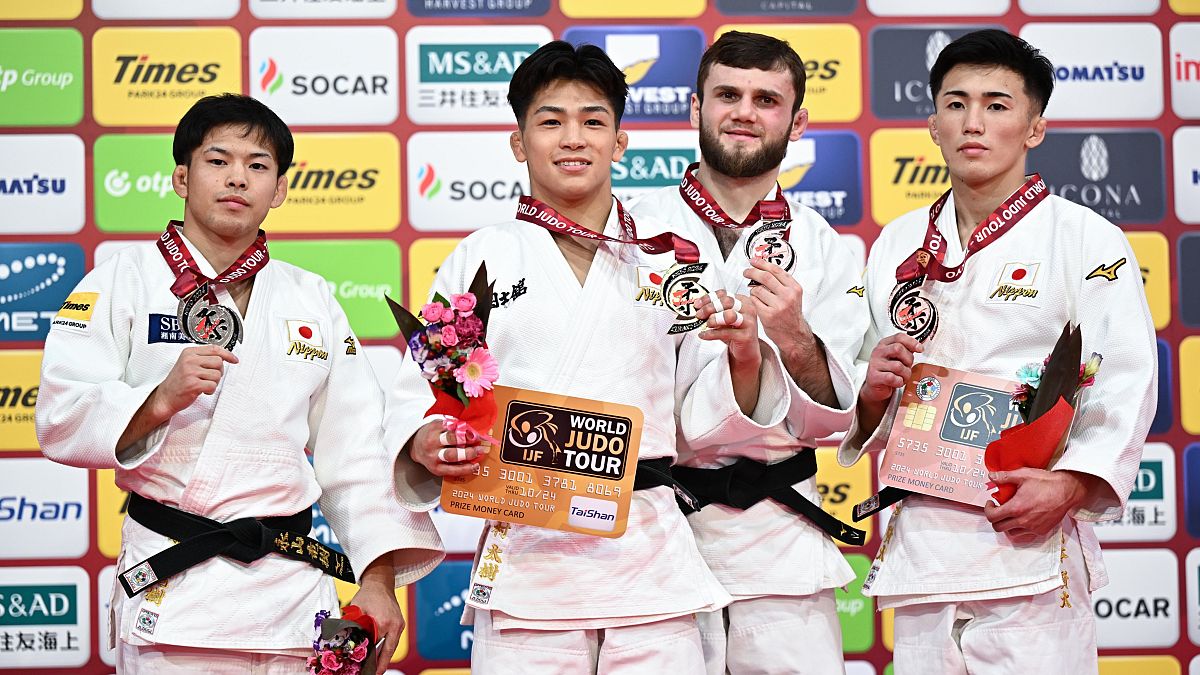Your health is your wealth: How Qatar invests in well-being
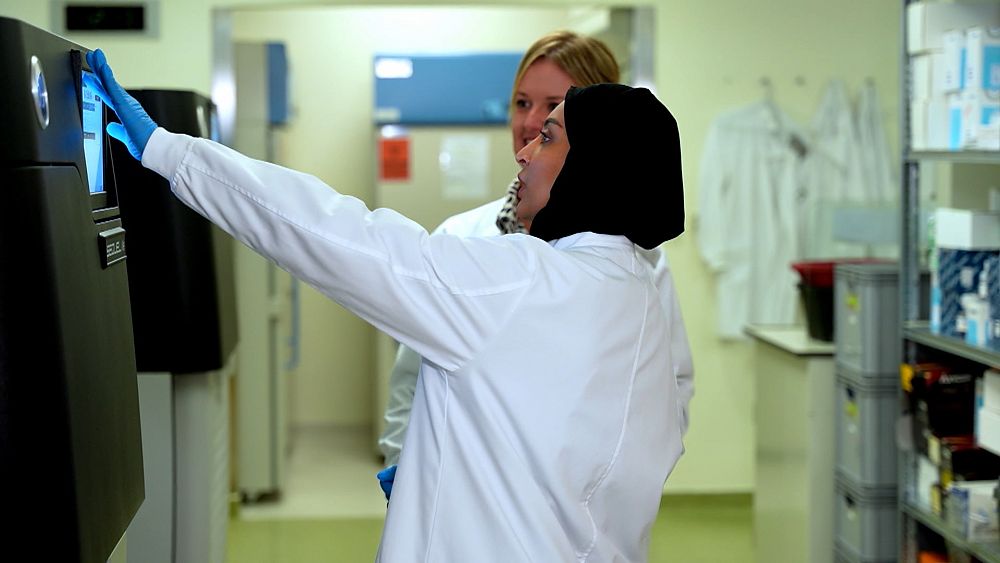
In this episode of Qatar 365, we do a pulse check on how well Qatar is spurring innovation in its healthcare system.
Since 2017, Qatar has injected more than 6 billion US dollars into its health industry – and that includes supporting startups that are tapping into the latest technology to make healthcare more accessible to all.
Avey is an all-in-one healthcare application. Created at the Qatar Science and Technology Park, the app was launched by a Qatari start-up in 2017.
Today, it’s used by more than 1.2 million people in 175 countries. Powered by artificial intelligence, Avey has a self-diagnose function, connects users to doctors all over the world, and is also an online pharmacist.
“So, the idea is that you can say, ‘Hey, Avey, I am having a headache today. Can you tell me why?’, in speech. Avey is [then] going to translate that speech into text [and provide] a semantic analysis on the text that predicts certain symptoms out of that text and then feed that to the AI diagnostic model,” explains Dr Mohammad Hammoud, the founder and CEO of Avey.
It means that as long as a person has a smartphone if they’re not feeling well, they can get access to medical guidance without ever having to step out of the house. Some would say Avey is eliminating the need for physical clinics, but the company says it’s revolutionising healthcare with just a few swipes.
“Avey can match your case with the most suitable doctor for the case and make the connection between you as a patient and the doctor, prescribe medicine to you. It’s the full journey from A to Z,” Hammoud says.
Avey is just one of many success stories to come out of QSTP’s innovation and incubation program. The organisation has helped put many ideas and products to market by supporting startups and young entrepreneurs. The partnership continues, and the next step is further scaling up its business.
Diving deep into our cells
The study of human DNA is so important to understanding and ultimately diagnosing human diseases. In Qatar, scientists and researchers work with the latest technology to better understand our genetic framework.
The Omics Core lab is based in the women’s and children’s hospital in Doha. The research centre has systems in place that can aid with the extraction of DNA/RNA from a range of sample types including saliva and blood samples.
It has software for DNA genotyping, molecular karyotyping, gene expression, single-cell sequencing as well as the associated capabilities for data analysis.
In 2003, the first draft of the Human Genome Project was released. Starting its research in 1990, the objective of the project was to map all DNA sequences of the human genome. The initial draft however only possessed 92% of the total human genome.
With the expansion of technology, however, that 8% gap has been bridged.
“This means that we now know the complete sequence of the human genome,” says Dr Sara Tomei, the manager overseeing the operation. “We know the exact sequence of the 3 billion base pairs across 23 chromosomes of the human genome. So, the human genome is now gapless.”
The work done at the Omics Core labs has contributed to that gap in knowledge, and now helps us understand how newly discovered variants influence health and diseases, explains Dr Tomei.
“This is very valuable because this information can also help understand how human genomes vary and also to understand how the newly discovered variants influence health and diseases.”
Chiropractor: Relieving pain
Startups aren’t the only ones changing the face of modern medicine. Qatar has seen a rise in demand and use of complementary and alternative therapies. More people are supplementing with holistic treatments to work alongside traditional medicines.
Baber Raheel is a personal trainer and works out regularly. He hadn’t seen a Chiropractor before, and despite his initial reservations, he says the treatment itself isn’t painful.
“After my initial appointment with Dr Majdi, I saw a great difference in my balance. My shoulders were a lot more balanced. And then, when I went to train that week, I felt there was no discomfort in my shoulder at all. So, there was a huge difference, just after my first appointment,” Raheel says.
Chiropractic treatments are popular alternatives to traditional medicine, and it’s said they have few, if any, side effects. Manually manipulating bone alignment has proven to reduce some symptoms and ease some chronic pains.
Ayurveda: Healing technique from ancient times
Another popular alternative treatment to traditional medicine is the ancient Indian holistic approach known as Ayurveda. Ayurveda isn’t just massage, or something that makes you feel good, it’s like a way of life.
Bridging the gap between traditional and complementary medicine, Ayurvedic and Chiropractic therapies are designed to help relieve pain and balance the body. The perfect antidote for active lifestyles.
The Remedy Centre in Duhail is the country’s first government-approved facility and Reshmi Vijayakumar is the first Doctor to be licensed in Qatar.
Reshmi Vijayakumar, a Ayurvedic Doctor, at the centre explains: “We have treatments for many different types of health issues and all these health issues can be dealt [with] in a natural and holistic way, and you know, take off the root cause of the problem. Like, you know, we take it out of the body, rather than suppressing it.”
From creating a thriving startup ecosystem to being at the forefront of genetics research, Qatar is always looking to pump fresh ideas into a rapidly changing healthcare industry.
Source: Euro News


